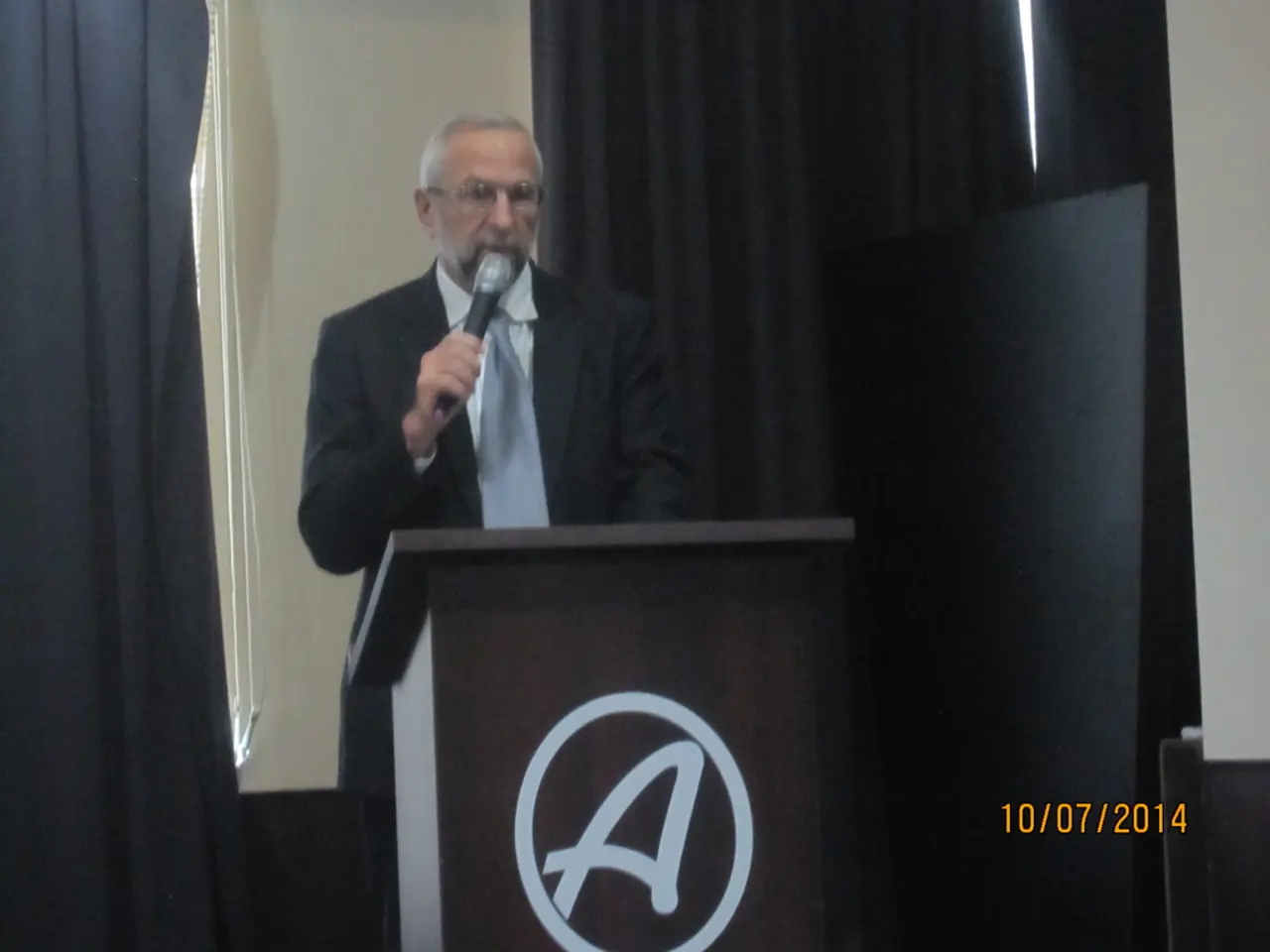Final Moments of Employment: Priorities Shifted
A job change is an emotional step, and it's essential to ensure a smooth transition for all parties involved. Career expert Stefanie Bickert, from Indeed, offers valuable advice on how to exit an employment relationship professionally.
## Professional Exit Steps
1. **Prepare for the Conversation**: Schedule a private meeting with your employer to discuss your resignation. Practice your talking points, focusing on reasons such as personal growth or new opportunities. Express gratitude for the positive experiences and opportunities you've had at the company.
2. **Give Proper Notice**: Typically, provide two weeks' notice, but adjust based on company policies or your new job requirements. Offer more notice if possible to show professionalism and respect for your employer.
3. **Be Direct, Respectful, and Offer Help**: During the meeting, clearly state your intention to leave and offer assistance with the transition. Be prepared to discuss how you can support the transition process, such as training a replacement or completing projects.
4. **Follow Up with a Formal Letter**: After the meeting, submit a formal resignation letter to confirm your exit and provide details about your last day.
## Smooth Transition Tips
- **Document Your Tasks**: Create a handover guide or document your current tasks to ensure a seamless transition. - **Train a Replacement**: If time allows, train a colleague to take over your responsibilities temporarily. - **Offer to Assist**: Be available for any questions or tasks during your notice period.
## Personal Goodbyes and Emotional Closure
1. **Express Appreciation**: Send a farewell message or email to colleagues expressing gratitude for the experiences and relationships built during your tenure.
2. **Say Goodbye to Colleagues**: On your last day, take time to personally bid farewell to colleagues and share contact information for future connections.
3. **Clean Out Your Workspace**: Return any company property and clean out your workspace to leave a professional impression.
4. **Reflect on Your Time**: Take a moment to reflect on your experiences and the lessons learned during your employment. This can help you gain closure and move forward positively.
In a difficult environment, it's important not to leave impulsively but to finish cleanly for a more sovereign exit. During the final phase of the employment relationship, conflicts should not be ignored but handled calmly and factually. Respectful treatment should always be possible, regardless of the reasons for leaving a job.
In the last days of work, employees should organize their personal digital files, such as cleaning up file storage and email inboxes, deleting personal data, and returning accesses and technology to the IT department if necessary. If leaving a job due to problems and conflicts, Bickert advises seeing a good handover as the last proof of professionalism.
By following these steps, you can ensure a professional exit, maintain positive relationships, and achieve emotional closure as you transition to a new chapter in your career.
- Engage in education-and-self-development by taking the time to reflect on the lessons learned during your employment, which can help you achieve personal growth and move forward positively as you transition to a new career development opportunity.
- As part of your job-search, expand your professional network by exchanging contact information with colleagues during your farewell on your last day, potentially opening up new opportunities for collaboration or guidance in the future.




